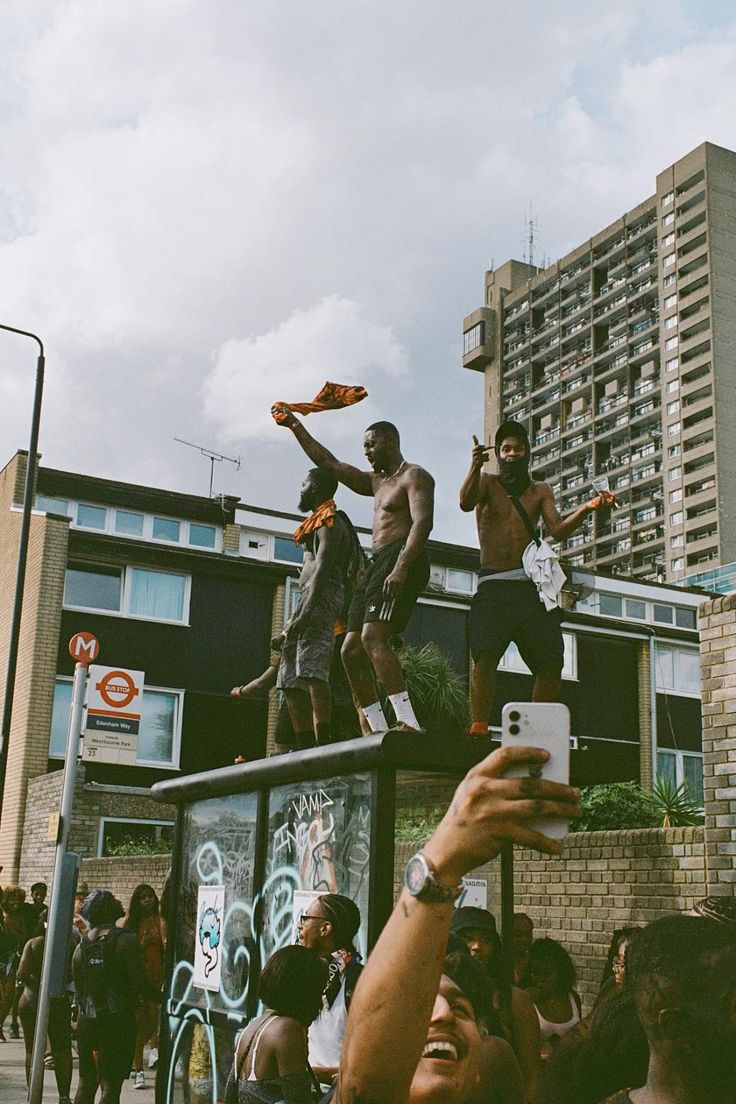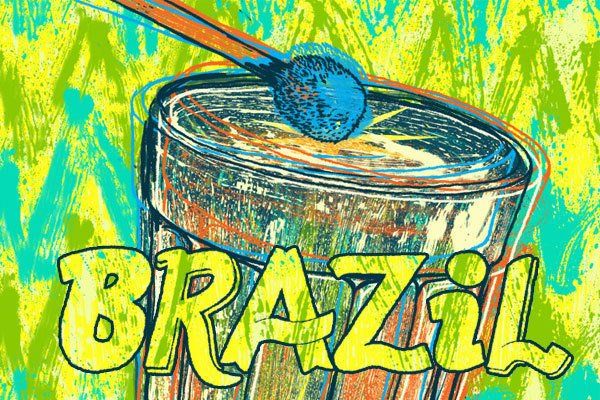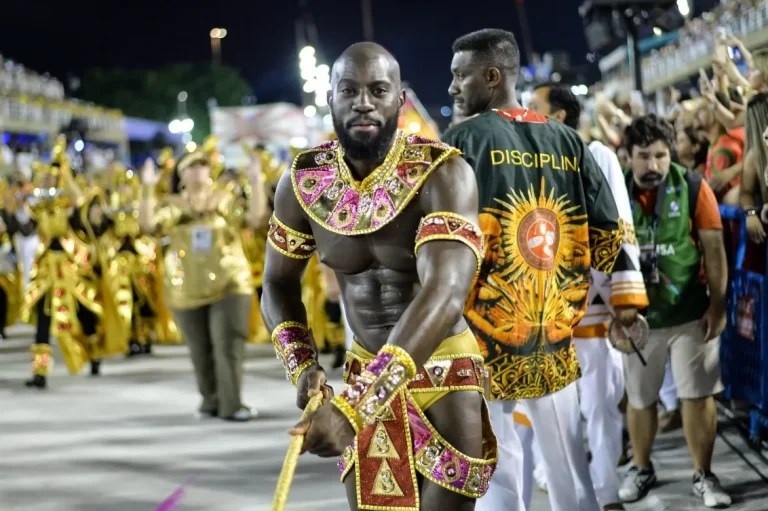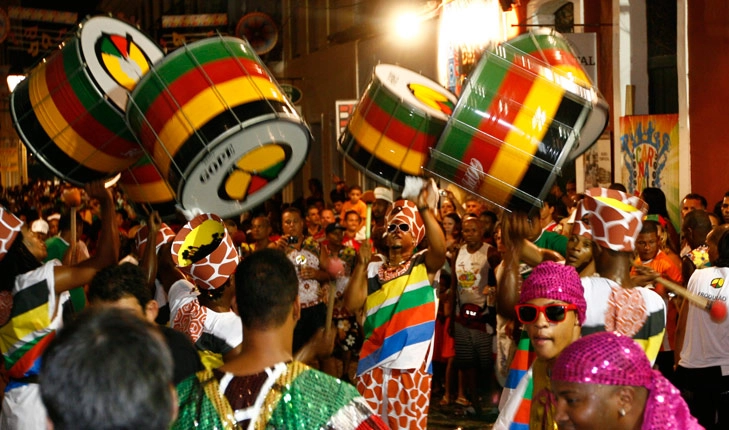
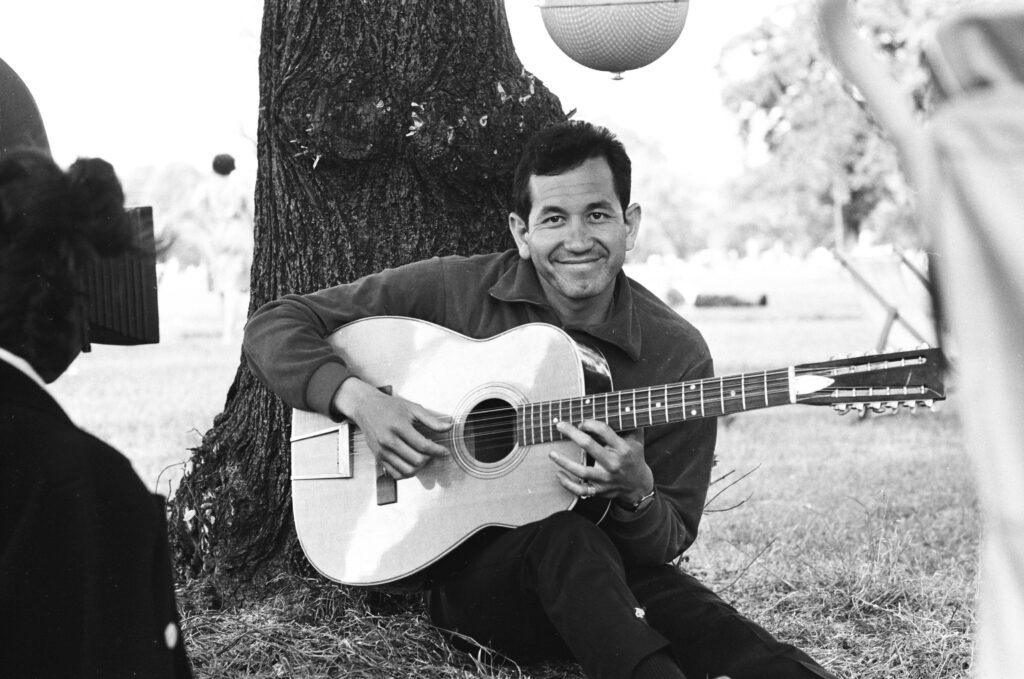
The GRAMMY-nominated singer/guitarist’s biggest global hits were lively covers of folk trio Peter, Paul and Mary’s “If I Had a Hammer” and “Lemon Tree”
|GRAMMYs/Aug 13, 2020 – 05:18 am
GRAMMY-nominated singer, guitarist and actor Trini Lopez, whose lively blend of American and Mexican folk songs with rockabilly flair earned him worldwide fame in the ’60s, has died at 83. The Mexican-American artist died from COVID-19 at a hospital in Rancho Mirage, Calif. yesterday, Aug. 11.
Beginning with his 1963 debut studio album, Trini Lopez At PJ’s, Lopez found success bringing new life—and a raucous, danceable beat and vocal delivery—to other artists’ songs, including folk trio Peter, Paul and Mary‘s hits “If I Had a Hammer” and “Lemon Tree.” Both songs would be his biggest, with his versions out-charting theirs both on the Billboard Hot 100 and international charts.
Back at the 6th GRAMMY Awards in 1964, following his epic breakout year, Lopez was nominated for Best New Artist.
<style>.embed-container { position: relative; padding-bottom: 56.25%; height: 0; overflow: hidden; max-width: 100%; } .embed-container iframe, .embed-container object, .embed-container embed { position: absolute; top: 0; left: 0; width: 100%; height: 100%; }</style><div class=’embed-container’><iframe src=’https://open.spotify.com/embed/album/1w3rF1BHHI5ScxdB3I5qzT’frameborder=’0′ allowtransparency=’true’ allow=’encrypted-media’></iframe></div>
If I Had A Hammer: From Aretha Franklin To Public Enemy, Here’s How Artists Have Amplified Social Justice Movements Through Music
His rocked-up rendition of “I Had a Hammer,” released in 1963 on his live debut album, hit No. 3 on the Hot 100 and No. 1 in 36 countries. The song was originally written by political activist/folk icon Pete Seeger and Lee Hays and recorded as a protest song by their band The Weavers in 1950, reemerging as a GRAMMY-winning No. 10 hit from Peter, Paul and Mary in 1962, the year prior to Lopez’s breakout success with the classic song.
Popular ’60s West Hollywood star-studded venue P.J.’s, where the Dallas-born singer recorded his first two albums (which also put the club on the map outside of Los Angeles), was where he got his big break, from none other than Frank Sinatra. After catching a few of his shows, the Rat Pack leader signed him to his Reprise label.
“I remember reading in the trades that Frank Sinatra frequented P.J.’s a lot so I moved over there so I could meet him,” Lopez said. “I was hired for three weeks and I stayed a year and a half. I played four or five shows every single night and I never repeated a song. I just kept waiting to meet Frank Sinatra, and within a month he came with an entourage and to my surprise he offered me an eight-year record contract on his label. I put P.J.’s on the map with my live albums since they were recorded for Sinatra’s record company.”
Read: Sin-atra City: The story of Frank Sinatra and Las Vegas
A self-proclaimed “proud” Mexican-American born to immigrant parents in Dallas in 1937, Lopez also performed and recorded many songs in Spanish at a time when artists, including himself, were asked by labels to hide or Whitewash their Latin identity. Trini Lopez At PJ’s included a rendition of traditional Mexican folk song “Cielito Lindo” and in 1964, he released The Latin Album, filled with of Spanish language classics. His father, Trinidad Lopez II, was a ranchera singer who made his living as manual laborer.
As The Guardian notes, “in the mid-’60s he was releasing as many as five albums a year, though that slowed in the late ’70s. While he continued performing, he released very little music until 2000, when he began recording again and released a further six albums.” His final album, released in 2011 and titled Into the Future, was a nod to Sinatra, featuring songs from his catalog.
Save Our Venues: Capturing Los Angeles’ COVID-Closed Venues
At the peak of his musical fame in the ’60s and ’70s, he also found moderate success in film and TV, with roles in films The Dirty Dozen (1967) and Antonio (1973) and a variety show special on NBC in 1969, “The Trini Lopez Show.”
A talented guitar player—he started playing at age 11—Gibson Guitars had him design two instruments in 1964, which remain highly sought after to this day. Dave Grohl and Noel Gallagher are both fans of the vintage models. Grohl paid tribute to Lopez on Twitter today, underscoring that he’s used his on every Foo Fighters album ever recorded.
His electric live performances and hit records made him an in-demand artist in the Las Vegas circuit, as well as around the globe, including one jaunt he found most memorable—stealing the show as the Beatles‘ opener in Paris in 1964.
“I used to steal the show from them every night!” he said in a 2014 interview. “The French newspapers would say, ‘Bravo, Trini Lopez! Who are the Beatles?'”



